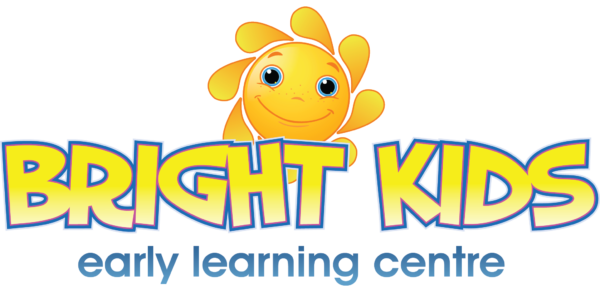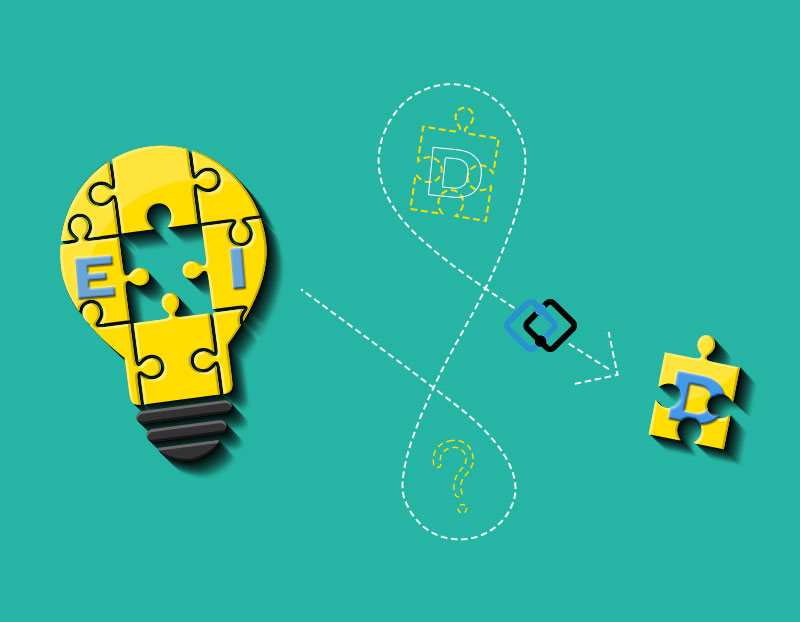There are Seven Different Learning Styles
– How Do You Learn?
Contrary to the traditional educational framework, there is actually a diverse range of learning styles appropriate for every child. Schools generally use linguistic or logical learning styles, but other styles may be more effective for some learners.
- visual (spatially)
Are you constantly doodling?
If you find it easier to understand something if it is in a diagram, you are probably a visual learner.
- Aural (Auditory)
Do You Dislike Reading?
If you need someone to tell you something out loud to understand it, you are an auditory learner. You depend on hearing the information to fully understand it.
- Verbal (Linguistic)
Do You Love Words And Writing?
People who find it easier to express themselves by writing or speaking can be regarded as a verbal learner. You love to write and read. You like to play on the meaning or sound of words such as tongue twisters, rhymes and so on. You’re familiar with the definitions of many words and regularly make an effort to learn more meanings of new words.
- Physical (Kinesthetic)
Are you a hands on type of person?
In this style, learning happens when the learner carries out a physical activity, rather than listening to a lecture or watching a demonstration. Those who have a preference for kinesthetic learning are called ‘do-ers’ and much prefer hands on learning. Kinesthetic learners make up about five percent of the population.
- Logical (Mathematical)
Are you great with numbers ?
When you like using your brain for logical and mathematical reasoning, you’re a logical learner. You easily recognise patterns, and can connect seemingly meaningless concepts easily.
- Social (Interpersonal)
Are you a people person?
Other learners prefer social or interpersonal learning. If you’re at best in socializing and communicating with people, both verbally and non-verbally, this is what you are; a social learner.
- Solitary (Intrapersonal)
Do you prefer working alone?
You have a solitary style if you are more private, independent and introspective. Your concentration is at its best when you focus on your thoughts and feelings without the distraction of others. Authors and researchers often have a strong solitary learning style.
It’s not what we give our children, it’s what we teach them to do for themselves that develops successful adults.
Failing at school doesn’t mean your child is below average, it simply means the methodical educational framework of teaching, isn’t teaching in a way your child understands.
Understanding these different styles will aide you in understanding and assisting your child’s learning journey.
Also please follow our Facebook and Instagram Pages and stay up to date


